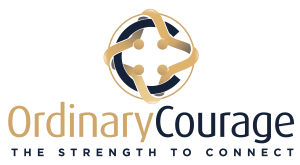Reaching In
Mental Health Support and Resilience for Emergency and Community Leaders
First Response work has always been more than just a profession. It is a calling marked by bravery, camaraderie, and service in the face of unimaginable challenges. However, the emotional and psychological toll it can take on emergency workers often remains hidden beneath the surface.
Tragically, statistics reveal that first responders are more likely to face mental health challenges than almost any other workforce. This is where the First Responder Resilience Program, led by Ordinary Courage in partnership with the SES Volunteers Association and supported by the National Emergency Management Agency (NEMA), has stepped in.
The program provides SES Volunteers and other first responders with much-needed tools to build mental health literacy, foster resilience, and cultivate healthier leadership practices within their units. With more than 800 community leaders already trained, this initiative offers insights into the evolving approach of “reaching in” to mental health support for first responders.
Addressing Invisible Struggles
Few understand the weight emergency workers bear. Whether responding to life-threatening emergencies or witnessing unspeakable tragedies, the cumulative burden of exposure to high-risk environments often manifests in unseen ways, such as post-traumatic stress disorder (PTSD), anxiety, and depression.
Statistics from organisations like the Black Dog Institute reveal startling truths about the mental health of responders. First responders face a suicide rate almost three times higher than the general population, and battling stigma often prevents them from seeking help. For many, the internalized culture of strength can make reaching out for mental health support feel like a sign of weakness.
Instead of placing the responsibility solely on individuals to seek assistance, the First Responder Resilience Program flips the paradigm. By engaging leadership directly and teaching them how to “reach in” to their teams, the focus shifts to creating a culture where support is proactive, accessible, and stigma-free.
Empowering Leadership for Healthier Teams
At its core, the program’s goal is to empower leaders within first responder units to recognise and address mental health challenges while fostering stronger team connections. Leadership within this context is no longer confined to operational success; it also encompasses emotional intelligence, psychological safety, and open communication.
The First Responder Resilience Program achieves this through structured, evidence-based leadership training, encompassing key areas such as:
-
- Effective Engagement Training leaders to understand their team members as individuals, fostering trust and open communication.
- Recognition and Appreciation Helping leaders celebrate victories, big and small, to nurture morale and a sense of purpose.
- Conflict Identification and Resolution Providing tools to anticipate and deescalate tensions before they escalate into major issues.
- Courageous Conversations Preparing leaders to have empathetic and constructive discussions about mental health challenges.
Each training session combines interactive group discussions, real-world scenario-based activities, and practical demonstrations. These techniques help leaders refine their skills and implement concepts effectively within their teams.
Sarah, a senior unit member, shared her experience, stating, “This program opened my eyes to the fact that leadership is about more than procedures. It taught me how to be present for my team in ways I never understood before.”
Practical Learning That Sticks
One of the most innovative aspects of the program is its integration of micro learning modules. These digital, bite-sized lessons enable participants to revisit and reinforce key training elements over time without significant disruption to their schedules. The modules enhance retention, ensuring that leadership learns how to apply these lessons beyond the training room.
For instance, leaders can take a 10-minute refresher on “Preventing Team Burnout” or “Identifying Early Red Flags” whenever they feel the need for extra support. This modularity ensures concepts remain fresh and actionable.
The Measurable Ripple Effect
The First Responder Resilience Program isn’t just about teaching theory; it measures real-world impact. Attendee feedback, baseline evaluations, and follow-up surveys highlight significant improvements in key areas such as:
-
- Enhanced Competence Leaders feel better prepared to handle both professional and interpersonal challenges.
- Stronger Confidence Participants report being more secure and decisive when tackling tough conversations or team conflicts.
- Improved Team Dynamics Units led by trained participants became more cohesive, communicative, and resilient.
These tangible outcomes ripple outward. Resilient leaders foster resilient teams, which in turn create safer, more effective emergency responses.
Jim, another program participant, explained, “The way this training breaks down mental health as a leadership responsibility is extraordinary. I’ve noticed how applying these tools makes everyone feel more cared for and supported.”
A Collaborative Approach
What makes the First Responder Resilience Program possible is the collaboration between Ordinary Courage, the SES Volunteers Association, and NEMA. This partnership ensures not only consistent funding but also strategic alignment in expanding the program’s reach and relevance.
NEMA’s advocacy underscores its recognition of mental health as an integral part of emergency management. Their commitment signals that resilience starts with ensuring caregivers are cared for themselves.
Building Community Resilience
At its heart, the First Responder Resilience Program represents a mindset shift. By acknowledging that strong leadership requires as much emotional intelligence as it does tactical ability, the program is redefining what it means to serve on the front lines.
Emergency workers like those participating in this program are creating environments where team members feel empowered to take care of themselves and one another. The outcomes speak to a growing culture of care across emergency response units that prioritizes “reaching in” as much as “reaching out.”
How You Can Support
Whether you want to bring the program to your organisation or explore ways to support its growth, there are countless ways to engage. Emergency-response environments cannot thrive without dynamic, equipped leaders at every level. Programs like this represent a crucial opportunity to ensure communities remain safer, stronger, and better connected.
If you’re invested in building resilient teams and fostering meaningful mental health improvements, contact Ordinary Courage (www.ordinarycourage.com.au) today to learn how to advocate for or participate in the program. Together, we can change the narrative for first responders, one courageous conversation at a time.


